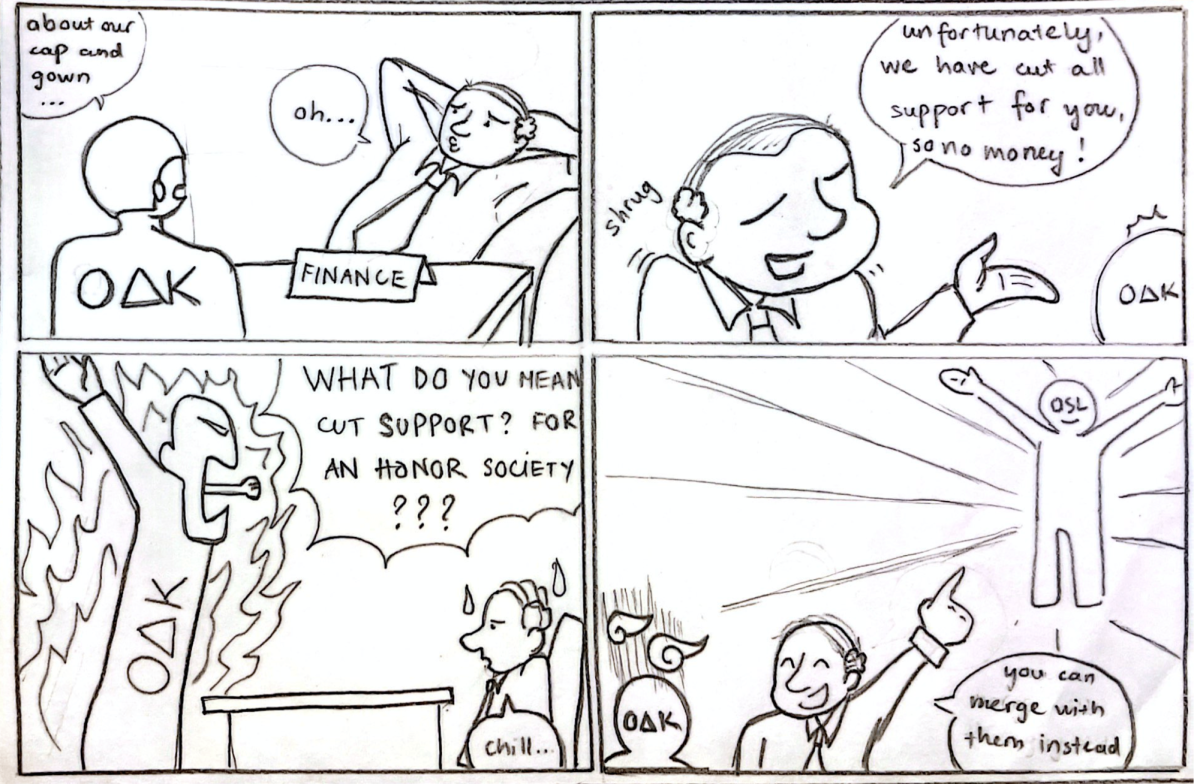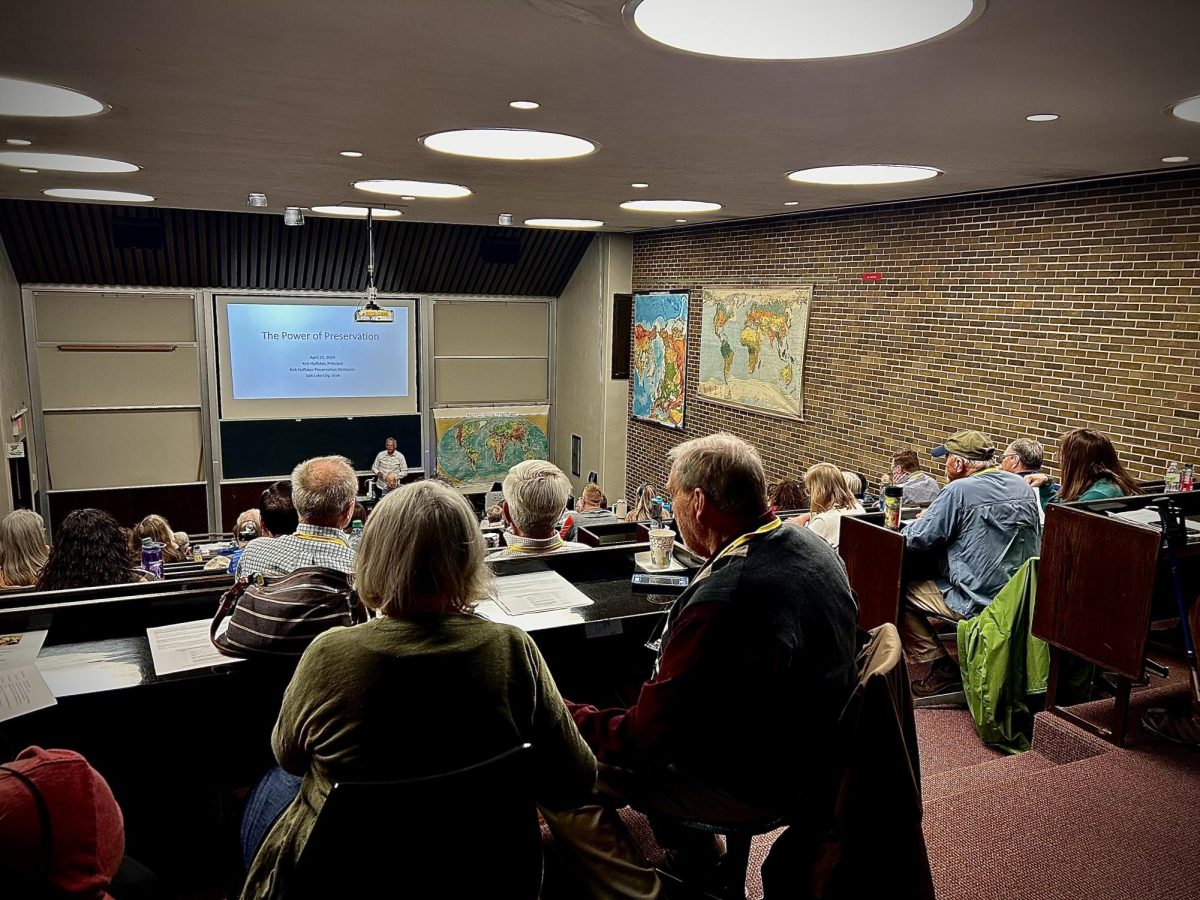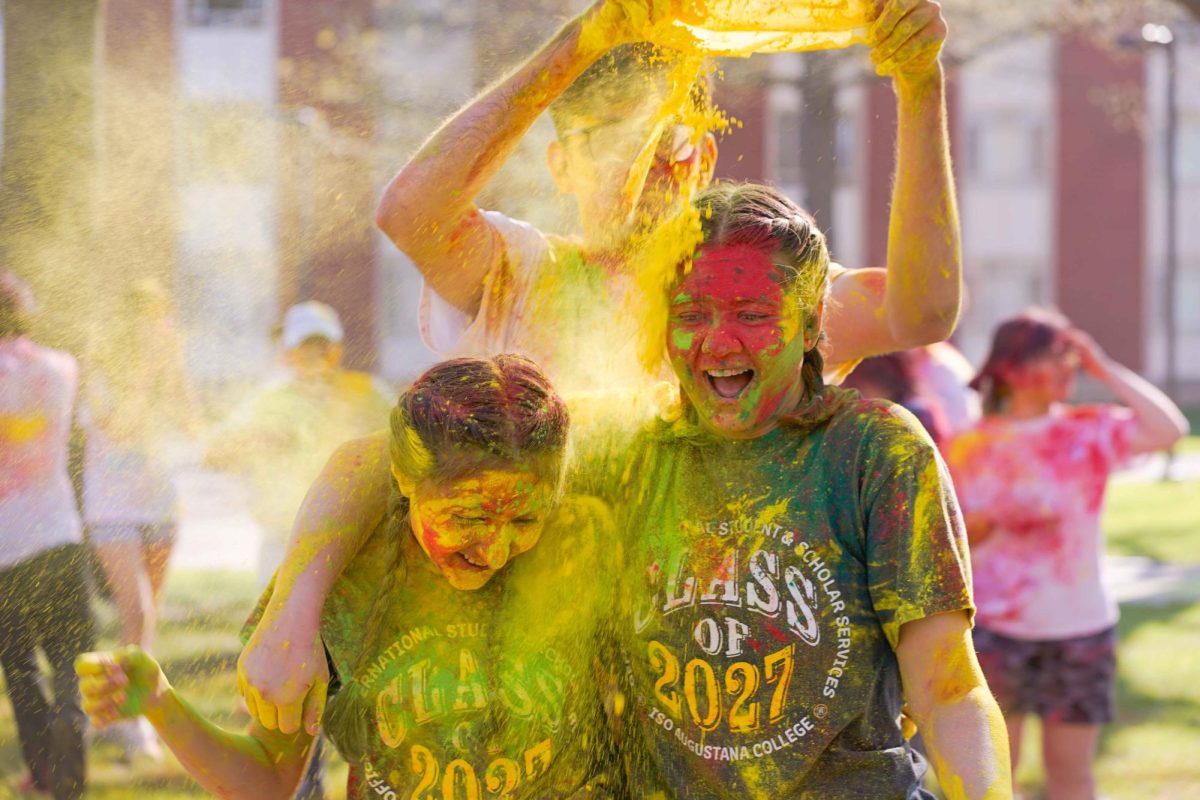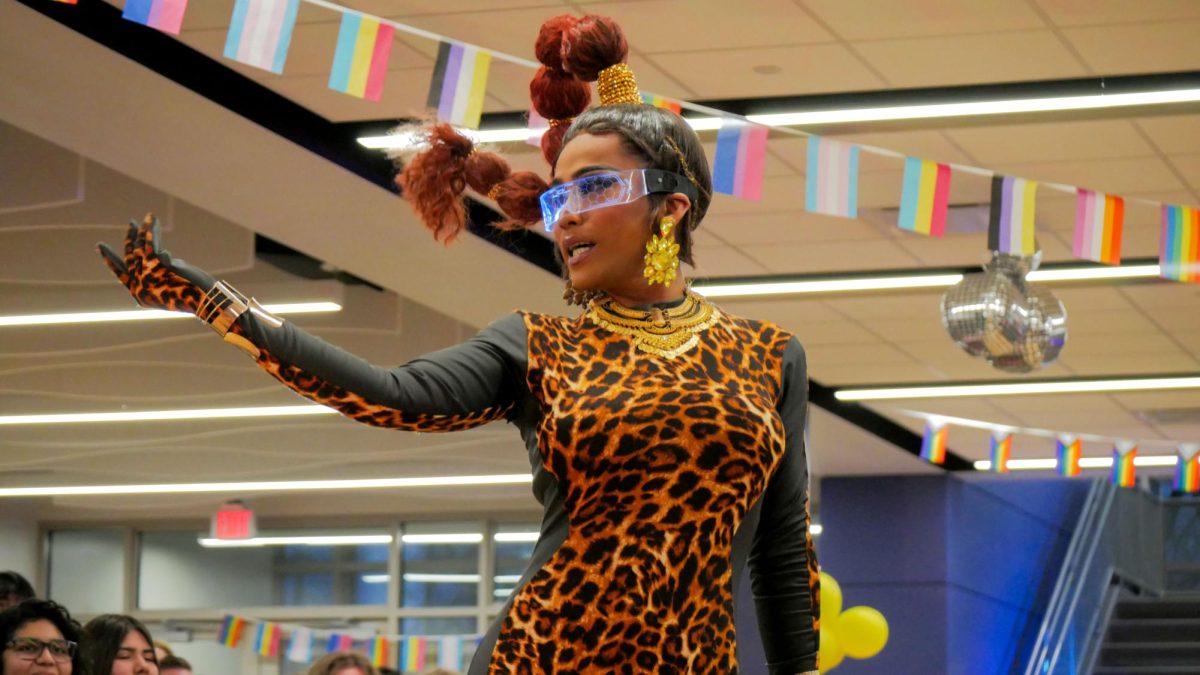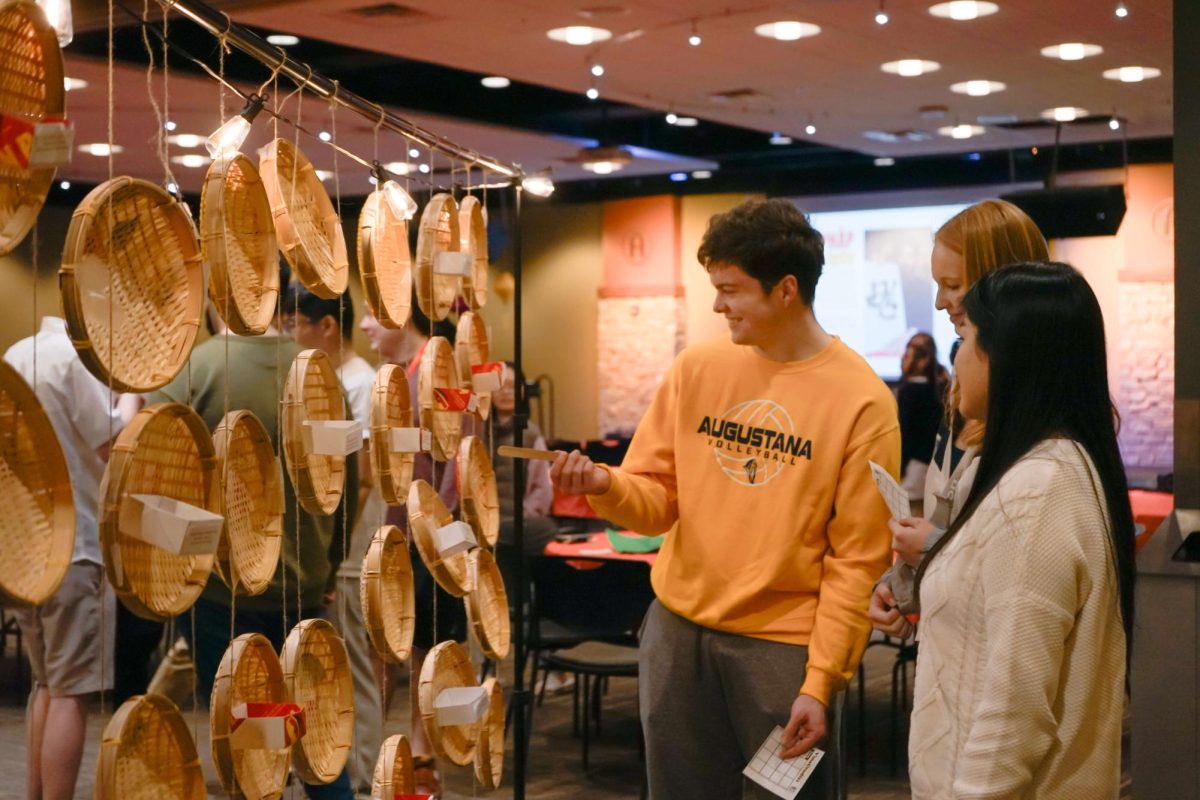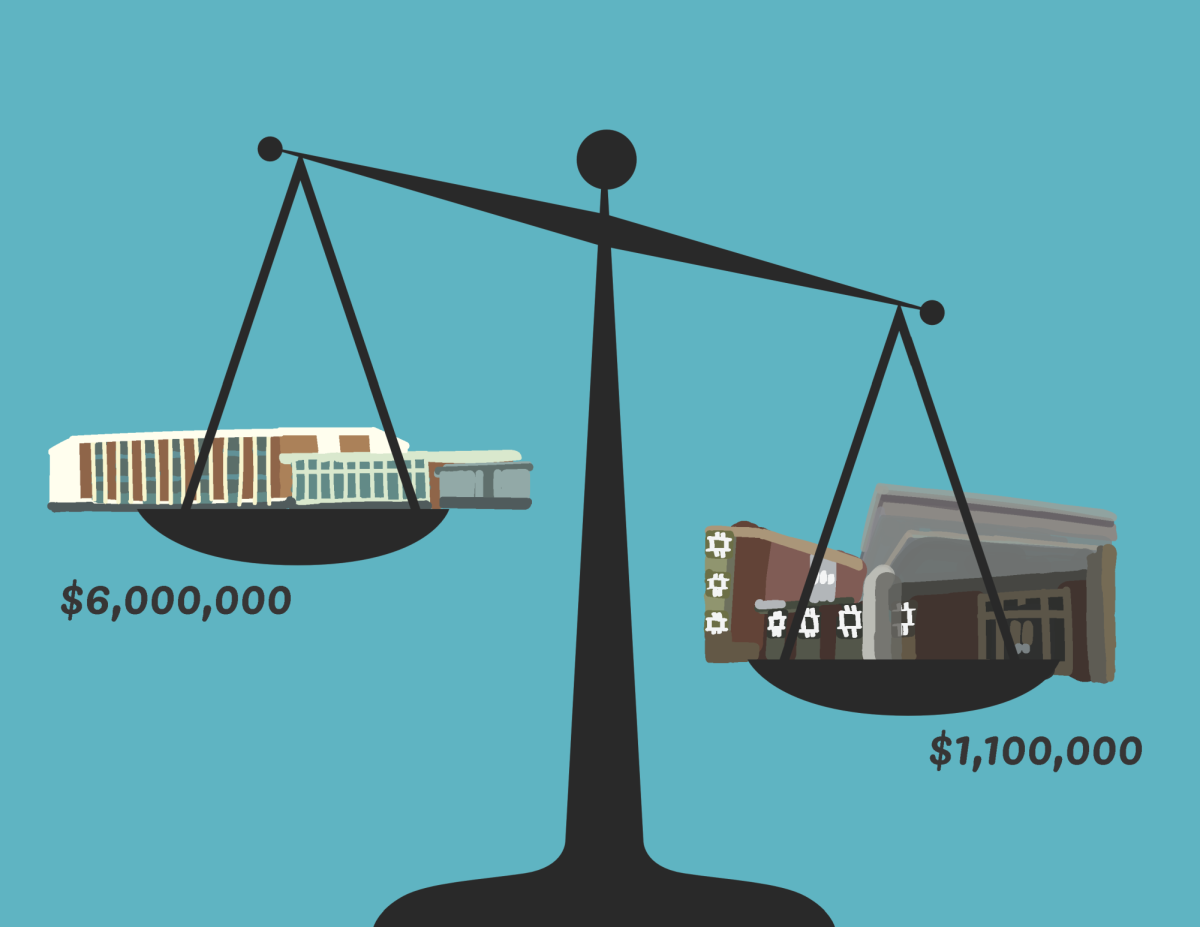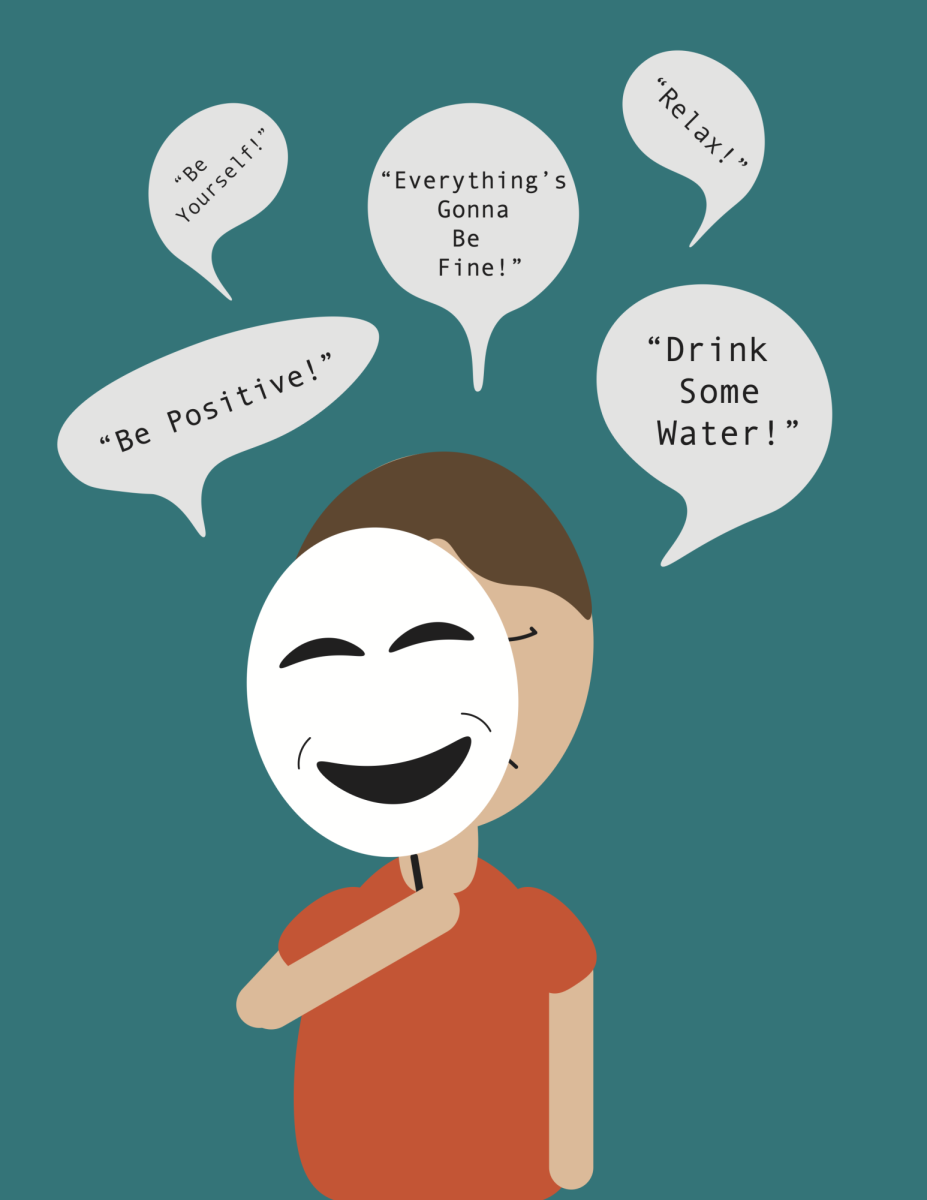Meritocracy is the word that encapsulates the idea that if we work hard, we will succeed. It is the idea that, for good or for worse, we deserve what we get. But meritocracy is not operating as intended. It has become toxic, making us all sick. And yet, we are still hooked on it, because there does not seem to be an attractive alternative.
The term meritocracy was coined in a 1956 satirical novel called “The Rise of the Meritocracy.” It came in the wake of the creation of the Scholastic Aptitude Test (SAT), developed by noted eugenicist Carl Brigham, which debuted in 1926, and the test’s subsequent adoption by university presidents like James Conant at Harvard.
The goal for Conant was to reduce the influence that birth played in university admissions. No longer would the children of aristocrats expect to be admitted into the country’s elite colleges and universities. The SAT was supposed to level the playing field.
Undoubtedly, the SAT did a good job to diversify the population of elite schools. But what it has since become is anything but a great leveller. The test prep industry is valued at over a billion dollars, with wealthy parents spending thousands of dollars to pay for test prep services and private tutors.
It is now common knowledge that family income and parent education are highly predictive of test results. Wealth begets superior educational opportunities from primary school to elite private schools and boarding schools to the country’s elite colleges and universities.
This system is designed to lock out the rest of us. Enamoured with meritocracy, graduates of elite higher educational institutions land the most prestigious jobs, and they perpetuate the system by hiring from their peer group.
I am currently applying for law schools. I know going in that the school I go to will largely determine the kind of opportunities that I have access to after graduation. Prospects for getting a clerkship with a federal judge are only good at the top law schools, ranked by median LSAT scores.
Like the SAT, the LSAT has a vast preparatory industry. The prep books are expensive, but they are cheap compared to the thousands of dollars that some applicants are able to spend on tutors and extravagant prep courses.
For those that can afford it, getting into the best schools can be an incredibly expensive affair. But it’s worth it in order to maintain the status.
Daniel Markovits writes in “The Meritocracy Trap:” “Aristocrats were born; but meritocrats must be made…. [Meritocracy] requires families who wish to transmit caste down through their generations continually to build and rebuild privilege, as each generation must reestablish its eliteness afresh, by its own accomplishments.”
Both Markovits and Michael Sandel, two of the leading scholars on meritocracy, themselves benefactors of the system, argue that the meritocratic system hurts everyone, not just the lower and middle classes.
We know that our successes and failures are not entirely our own doing. So, what can we do to better allocate opportunities?
Some measures like affirmative action and the SAT’s ‘landscape’ tool aim to account for discrepancies from race and other background factors like income and neighborhood crime rates.
But the problem remains that qualified applicants are still falling through the cracks. Meritocracy is a zero-sum game. If you get a spot, someone else won’t. And that result can and does shape life and career outcomes.
At one point in Sandel’s book “The Tyranny of Merit” he proposes using a lottery to determine an incoming class. The theory is that there are thousands of applicants who are qualified for and can be successful at a college. But the college has chosen to severely limit the supply of seats to increase their prestige score which affects their national ranking. So, throw the qualified applicants into a hat and pull out the desired number.
However, this does not address the underlying problem. Malcolm Gladwell has reiterated on a number of occasions how different his alma mater, the University of Toronto, is to American elite universities. The University of Toronto is the top university in Canada. Their acceptance rate is 47 percent, and the student population is nearly 70,000.
Compare that to the top US university, Harvard which has a 5 percent acceptance rate and only around 21,000 students. If we are to accept that schools determine life outcome, and that we still believe in meritocracy, then one way to correct the system would be for the top universities to admit more students.
With the COVID-19 pandemic, universities and colleges shifted towards online and hybrid education. We all experienced it here at Augustana. Certainly, I don’t prefer online education, but it could open up the possibility that more qualified students could receive the best educational and networking opportunities on the planet.
Meritocracy, in its current form, hurts everyone. It is toxic, yet we are still drawn to it. The dream is still alive in the mind that we can achieve anything with hard work and talent. The reality is a lot messier. We know the problem ― now we can set about fixing it.
Meritocracy in the education system turned toxic
April 15, 2021
Leave a Comment
More to Discover
